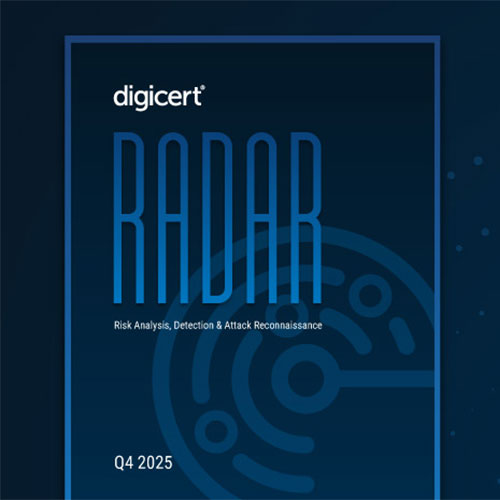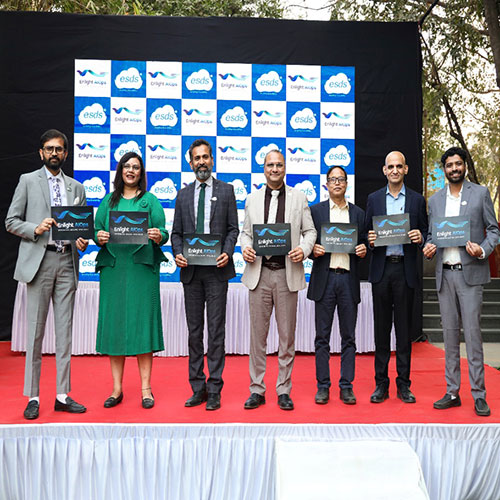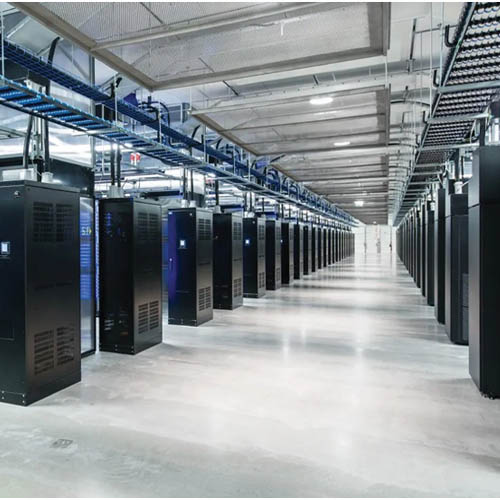
Data has become the lifeblood for commercial and governance activities in the 21st century. In this age, when technological advancement has become the norm and we have machine learning processes taking over the manual input system, the rise of a data-dominated global economy is inevitable.
Internet connectivity has seen an incredible improvement all over the world, especially in the last few years. We have leapt from 2G to 5G in a considerably short span of time. The ease of connectivity, in turn, has helped in creating technology based on bio-sensors, light and temperature sensors and a plethora of touch-less smart devices with wide-ranging applications.
At an enterprise level, this proliferation of data touch-points requires large-scale storage facilities, which are usually provided by the data centers. Thus, the data center market is witnessing a boom, with demand outpacing the supply.
In India, the demand for data centers is also boosted by regulations related to data security and localisation. Imagine the peril that hackers can pose to personal and financial data on an individual and an organisational level.
However, for homes, private buildings and SMEs, a new kind of data storage network, called edge data centers, has rapidly emerged in recent years. Edge data centers are highly localised storage facilities, which can effectively cater to a building, an organisation’s internal clusters of machines as well as external machines with access to the internal network. This becomes highly important in the modern business environment, where organisations have amixed workforce comprising employees located in different geographical regions or those working from home.
The current and unfortunate scenario of the global outbreak of COVID-19 underscores the criticality of data centers in the digital economy of the 21st century. Every new day, there are newer curbs on travel and physical interaction among different countries and geographical regions. Countries like China, Italy, and Spain are already going through region/nationwide lockdowns and a large number of other countries including USA, India and European nations have imposed travel bans.
With this increasing isolation, digital communication becomes more of a necessity. Regular employees are being made to work from home and given access to use data connectivity to communicate with each other. Higher volumes of data are thus being generated due to even common communication being made online.
The pandemic, uncertainty, and isolation have made storage and dispersal of digital data pivotal in preventing the global economic system from collapsing. Even before the outbreak, the global focus had already shifted to AI, cloud storage and IoT. There are far-reaching benefits of using cloud-based storage, where data is stored on collocation servers in an advanced data center.
See What’s Next in Tech With the Fast Forward Newsletter
Tweets From @varindiamag
Nothing to see here - yet
When they Tweet, their Tweets will show up here.





























